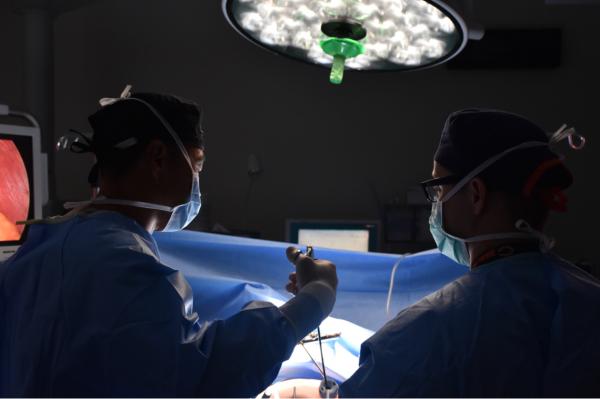We all tend to do certain things because “it’s just what you do” or out of passive acceptance of conventional wisdom. In the medical realm especially, it’s always important to reassess the why.
Seldom does a week go by where I am not asked about a surgeon I prefer for a particular disease or what hospital is best for this or that. Though these questions are important to the topic at hand, others routinely get overlooked that can hold the same if not greater importance.
For example
Do you notice how people will get a few surgical opinions, but never interview the anesthesiologist?
Or, follow an obstetrician to a hospital that has a nice or luxurious labor and delivery floor, but lacks the highest level of neonatal intensive care unit or specialty services so if there is an issue with the infant it would necessitate transfer to another facility. Such a delay can actually endanger the clinical course.
Assume no news is good news, when it could simply mean a study was never reported or a sample not run.
Accept a tissue biopsy result from a less experienced center and start aggressive (often irreversible) therapy and interventions without seeking a confirmatory, independent pathology interpretation by a more expert facility-- when there is time to do so (which isn’t always the case).
Insist on a private room or hospital VIP floor when being isolated or furthest from the nursing station and where your medical team congregates might not be in your best interest.
So, what’s important?
The reality is that as a patient you will not necessarily know the nuances of what is most important. But, I would argue the best way to get there and be the most empowered advocate for yourself or a loved one would be always to question the why you are doing certain things, in particular the scenarios that seem so routine but the reasoning escapes you.
This doesn’t mean being adversarial or exclusively looking for a wrong answer. Right answers should readily be welcomed and may very well be plentiful. It simply involves being engaged and curious. In the process of being proactive, you might enhance your experience, likely will assuage many fears and avoid potential pitfalls and harms.
Though the situations listed don’t mean the alternatives are wrong, they simply pose greater understanding so as to be assured your care is comprehensive and ideal. They remind you to ask yourself why and might in the process illuminate some improvements in your care. Managing your expectations goes a very long way to minimizing preventable worry and anxiety, and can even expedite your recovery. You can’t change a grave diagnosis, but optimizing your navigation through the process and avoiding unnecessary hurdles or complications can only help ease your burden.
The answer to this question is going to be different for everyone. But, as I further detail in my article Hospitals Aren't Hotels. And You Wouldn't Want Them To Be, having convenience or prettier facilities as your top priority is often not in your best interest in the healthcare space when it comes to tangible meaningful, positive outcomes.
Knowing why you are doing certain things or seeking specific services is a great way to start taking charge of your care, while also keeping your caregivers on their toes. Those professionals who are the real deal in medicine will readily provide good answers that make sense.




